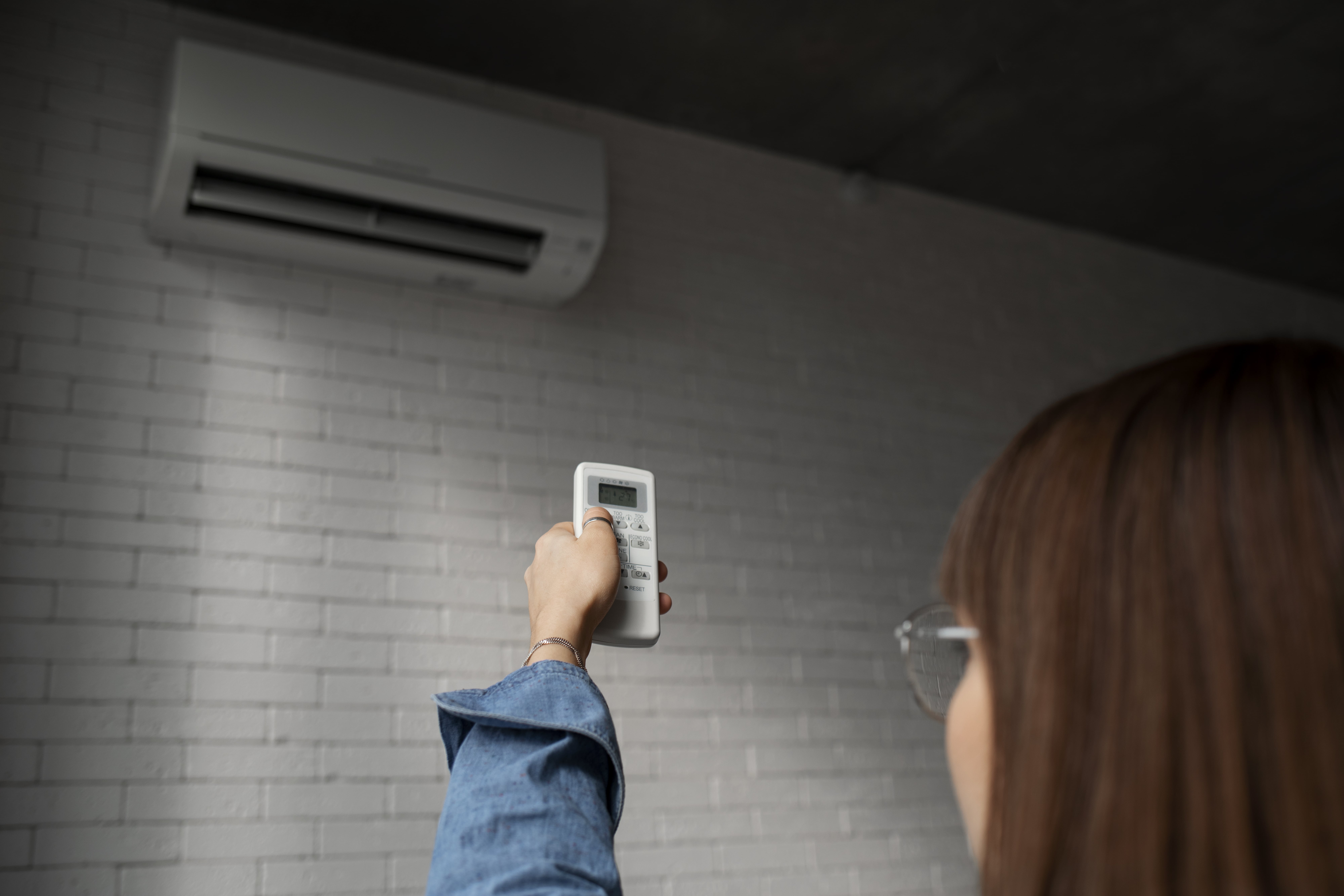Mauritius has become the first country in the Southern African Development Community (SADC) to enforce Minimum Energy Performance Standards (MEPS) for room air conditioners based on the SADC Harmonised MEPS (SADC HT110 on Room Air Conditioners), approved at the regional level in 2023. This groundbreaking move marks a major stride in advancing regional efforts to improve energy efficiency, enhance environmental sustainability, and reduce electricity consumption in Africa’s rapidly expanding cooling sector.
The new MEPS regulations were officially promulgated in March 2025, followed by a six-month moratorium period to allow industry stakeholders to prepare and ensure a smooth transition. Full enforcement of the MEPS regulation will begin on 1 September 2025, when all room air conditioners manufactured, imported, or sold in Mauritius must meet the mandatory energy performance requirements.
The regulation applies to self-contained, ductless split room air conditioners and portable units with a cooling capacity of up to 12 kW. It adopts the ISO Cooling Seasonal Performance Factor (CSPF) metric, with a minimum threshold of CSPF 4.5 for self-contained and ductless split systems. For portable air conditioners, a minimum Energy Efficiency Ratio (EER) of 3.10 is required.
“The enforcement of the SADC Harmonised MEPS marks a pivotal step in Mauritius’ journey towards a more energy-efficient and climate-resilient future,” said the Ministry of Energy and Public Utilities, Republic of Mauritius. The Ministry added that by adopting these regionally aligned standards through the implementation of the Energy Efficiency (Minimum Energy Performance Standards for Regulated Machinery) Regulations 2025, Mauritius is not only improving the quality and performance of household appliances on the local market, but also strengthening national energy security, reducing peak electricity load pressures, and enhancing the resilience of the electricity system.
The adoption and enforcement of these standards reflect Mauritius’ commitment to the SADC regional framework and its ambition to accelerate the transition to sustainable cooling solutions. The SADC Harmonised MEPS were developed to promote regional energy efficiency by establishing unified performance thresholds, enabling coordinated policy implementation, and supporting market transformation towards cleaner technologies.
“Through the SADC Renewable Energy and Energy Efficiency Strategy and Action Plan (REEESAP), adopted in 2017, SADC Energy Ministers have directed efforts to phase out inefficient equipment in order to promote sustainable industrialization and strengthen energy security across the region,” said Mr. Readlay Makaliki, Lead Technical Expert at the SADC Centre for Renewable Energy and Energy Efficiency (SACREEE). He further emphasized that this entails implementing energy efficiency measures, establishing MEPS for equipment, and creating enabling environments for energy efficiency technologies and services. “The initiative by the Government of Mauritius in adopting regionally harmonized cooling MEPS and making them mandatory clearly demonstrates adherence to this directive, while also removing technical barriers to trade within the region,” added Mr. Makaliki.
The SADC Harmonised MEPS aim to:
- improve energy efficiency in air conditioning technologies,
- reduce greenhouse gas emissions and mitigate climate change,
- deliver long-term energy cost savings for consumers, and
- facilitate intra-regional trade in compliant, high-performance appliances.
“This is a significant milestone for regional collaboration and sustainable development,” said Patrick Blake, Programme Manager for UNEP United for Efficiency (U4E). “Mauritius has demonstrated its leadership by taking concrete action to promote energy efficiency and reduce climate impact. I congratulate Mauritius for this bold step, as well all partners for their effective collaboration in advancing the SADC Harmonised MEPS aligned with the U4E Model Regulation Guidelines . According to UNEP U4E’s Country Savings Assessment, implementing these standards could result in 104 GWh in annual electricity savings by 2040, avoid 101,000 tonnes of CO₂ emissions, and generate US$15 million in energy cost savings.”
The development of the SADC Harmonised MEPS was the result of extensive regional consultation and technical collaboration of SACREEE, SADCSTAN, UNEP-U4E, Energy Efficient Lighting and Appliances (EELA) project, UNIDO, and Lawrence Berkeley National Laboratory (LBNL), with funding from the UK Department for Environment, Food & Rural Affairs (Defra) and the Swedish International Development Cooperation Agency (Sida).
“UNIDO warmly congratulates Mauritius for its pioneering leadership in enforcing the SADC Harmonised MEPS for air conditioners,” said Mr. Ndivhuho Tshikovhi, Project Associate at UNIDO. He emphasised that this bold and timely action sets a powerful example for the region and reflects the ambition and commitment needed to drive sustainable energy transitions. “Through the Energy Efficiency for Sustainable Livelihoods in Africa (EELA) Programme, UNIDO is proud to support regional efforts across ECOWAS, EAC, and SADC, as well as national EELA windows in Kenya, Zambia, and Zimbabwe,” he added. “Mauritius’ achievement demonstrates what can be accomplished through strong policies, regional collaboration, and a shared vision for a climate-resilient future”, said Mr. Tshikovhi.
Mauritius’ early action sets a strong precedent for other SADC Member States and supports broader international commitments, including the Kigali Amendment to the Montreal Protocol and Sustainable Development Goal 7 (Affordable and Clean Energy).
The official regulations are available here.



Leave a Reply